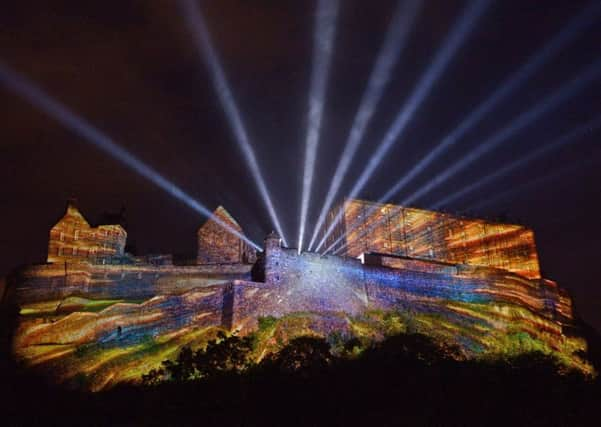Brian Ferguson: the period of change is set to continue


Few would have predicted the demise of Festivals like T in the Park, Wickerman, Brew at the Bog and Perthshire Amber at the start of the year.
None will be back in 2017, while Loopallu’s organisers have warned next year’s scaled-back event may be the last after being forced off its site in Ullapool.
Advertisement
Hide AdAdvertisement
Hide AdAnd in the capital, behind-the-scenes wrangling triggered the downfall of the Mela after 21 years.
It was all change for the Fringe following the departure of Kath Mainland after seven years as chief executive. But her replacement, Shona McCarthy, who led Derry’s reign as UK City of Culture, made a confident start in Edinburgh and saw its box office figures increase, despite a surprise drop in the number of shows.
The real jolts of electricity through the city came from the Edinburgh International Festival, with spectacular opening event Deep Time, its timely “welcome, world” marketing campaign, a three-week Alan Cumming residency and a vibrant contemporary music strand.
The National Theatre of Scotland spent much of 2016 at a crossroads following the surprise departure of artistic director Laurie Sansom in the midst its 10th anniversary year. NTS, which mostly relied on revivals of hit shows like Glasgow Girls, Our Ladies of Perpetual Succour, The James Plays and Let The Right One, eventually heralded the start of a new era in October with the widely-welcomed appointment of Jackie Wylie, former figurehead of The Arches, as its new artistic director.
While Mr Sansom – by far the most vocal Scottish arts leader on the impact of public funding cuts – departed under a cloud, the gathering storms of controversy over T in the Park led boss Geoff Ellis to finally admit defeat over its enforced relocation to Strathallan.
Although there has been no formal announcement yet, his company’s much-discussed new event at Glasgow Green may fill the substantial T-shaped gap in the summer calendar. If confirmed, it will have a rival in Dundee, where the arrival of the city’s first major music festival in August will add momentum to its bid to become European Capital of Culture in 2023.
With the V&A waterfront museum taking shape, a new festival inspired by Dundee’s Unesco City of Design status will return in 2017 after its well-received use of DC Thomson’s old West Ward printing works in May.
Elsewhere, both Perth and Paisley will battle it out to stake a claim for the UK City of Culture crown, which Dundee missed out on for next year. Paisley’s bid has been both confident and high profile, with several major events already secured, but hit a stumbling block recently when it emerged that its centrepiece museum revamp will not be ready even if it does win the title for 2021.
Advertisement
Hide AdAdvertisement
Hide AdPerth and Kinross Council’s ambitions have been dealt a double blow by the loss of T in the Park and Dougie MacLean’s Perthshire Amber from its back yard.
But Perth can look forward to a long-awaited overhaul of its historic theatre by the end of 2017. By then, Perth and Paisley will know if their ambitions for 2021 are to be realised, but could both be well on their way to a radical transformation.